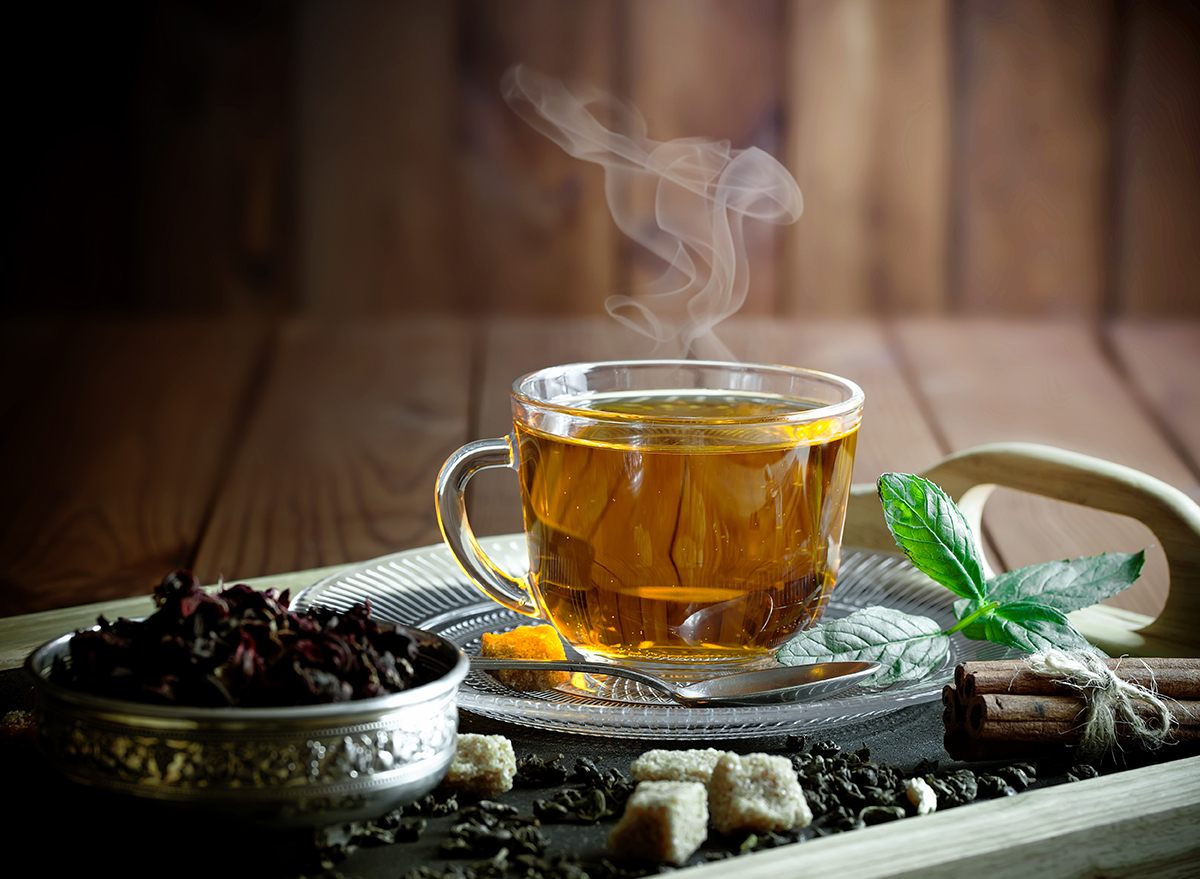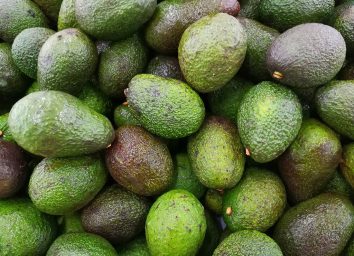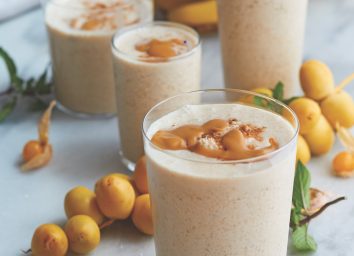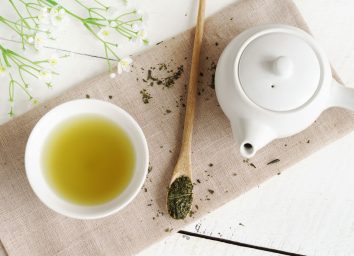Ceylon Tea: Health Benefits, Where to Get It, and How to Make It

You've heard of matcha and chai tea, but have you heard of Ceylon tea? While Ceylon tea isn't anything new (the first records of it being planted date back to 1824), it's recently been trending among wellness enthusiasts. But what exactly is Ceylon tea, and what makes it so special?
To learn more about this specific kind of tea and all of its health benefits, we spoke with two tea experts: Shalom Seidler, chairman and owner of Wissotzky Tea, and TAZO Tea Master Alex White.
What is Ceylon tea, and where does it originate?
Ceylon tea has origins in Sri Lanka, which, prior to 1972, was called Ceylon. White says it's often regarded as one the best black teas on the market, although Seidler says it can be made with other tea leaves as well.
"The tea is produced using either black tea leaves, green tea leaves, or white tea leaves from the Camellia sinensis plant," says Seidler.
White points out that Sri Lanka has very diverse orographic and climatic conditions within the country. Its seven main tea cultivating areas include Nuwara Eliya, Uva, Kandy, Dimbula, Ruhuna, Uda Pussellawa, and Sabaragamuwa.
"Each [area] produces very distinctive and characteristic qualities defined by factors such as altitude, soil conditions, and rainfall," says White.
What are some of the known health benefits of Ceylon tea?
Seidler says that the health benefits from Ceylon tea are relatively similar to the teas sourced from various other regions, including China and India.
"Researchers have been studying green tea, black tea, and other types of tea for decades, and have associated tea drinking with positive outcomes," says Seidler. "For example, tea often provides a boost in mental alertness."
Ilana Muhlstein, registered dietitian and co-creator of Beachbody's 2B Mindset, says that in addition to the caffeine in Ceylon tea that helps to increase focus and energy levels, it may also lend positive metabolic benefits as well.
"Some studies have shown that catechins, found in green Ceylon tea, may have calorie-burning effects," she says.
Ceylon tea is naturally caffeinated, but how much caffeine it provides depends on the type of leaves it is brewed with.
"If the Ceylon tea is made with green tea, it will have a modest amount of caffeine. Traditional green tea has about 35 milligrams of caffeine per cup," says Seidler.
Alternatively, if the Ceylon tea is made with black tea leaves, it will have anywhere between 50 to 90 milligrams of caffeine per cup. For comparison, one cup of coffee contains an average of 95 milligrams of caffeine.
"Additionally, both black and green tea contain polyphenols, including catechins, flavonoids, and tannins. Polyphenols are plant-based chemicals that may provide health benefits," says Seidler.
Muhlstein also says that the high antioxidant content in Ceylon tea may protect the skin from free radicals and even reduce the risk of cancer if regularly consumed.
"Ceylon is also a source of potassium, which can help reduce blood pressure and lower the risk of developing kidney stones," she adds.
How do you properly brew Ceylon tea?
Before you brew Ceylon tea, be sure you identify which kind of tea leaves it contains. Believe it or not, the water temperature plays a key role in brewing the perfect cup and extracting its nutrients and flavor.
"Since Ceylon green tea is softer and gentler than black tea, it should be brewed in water that is cooled to around 75 degrees [Fahrenheit]."
Ceylon tea that's made with black tea leaves should be brewed in water that ranges between 90 and 95 degrees Fahrenheit. He suggests brewing it with fresh boiling water for three to five minutes. White says that while there is a small production of white and green tea leaves in Sri Lanka, the type of Ceylon tea that is more widely recognized and consumed is made with black tea leaves.
"Once the tea and freshly boiled water are combined, the leaves tend to settle at the bottom of the teapot, reducing the contact between tea leaves and water," says Seidler. "Stir to agitate the tea and allow proper extraction."
If you're looking to try this tea yourself, Ahmad Tea of London has a loose-leaf Ceylon tea, Twinings of London has a Ceylon Orange Pekoe flavor, and TAZO uses Ceylon tea in its Awake English Breakfast Tea.
Grab your teapot, kettle, or a mug and a strainer (if you're brewing loose-leaf) and get to sipping on this special tea.








